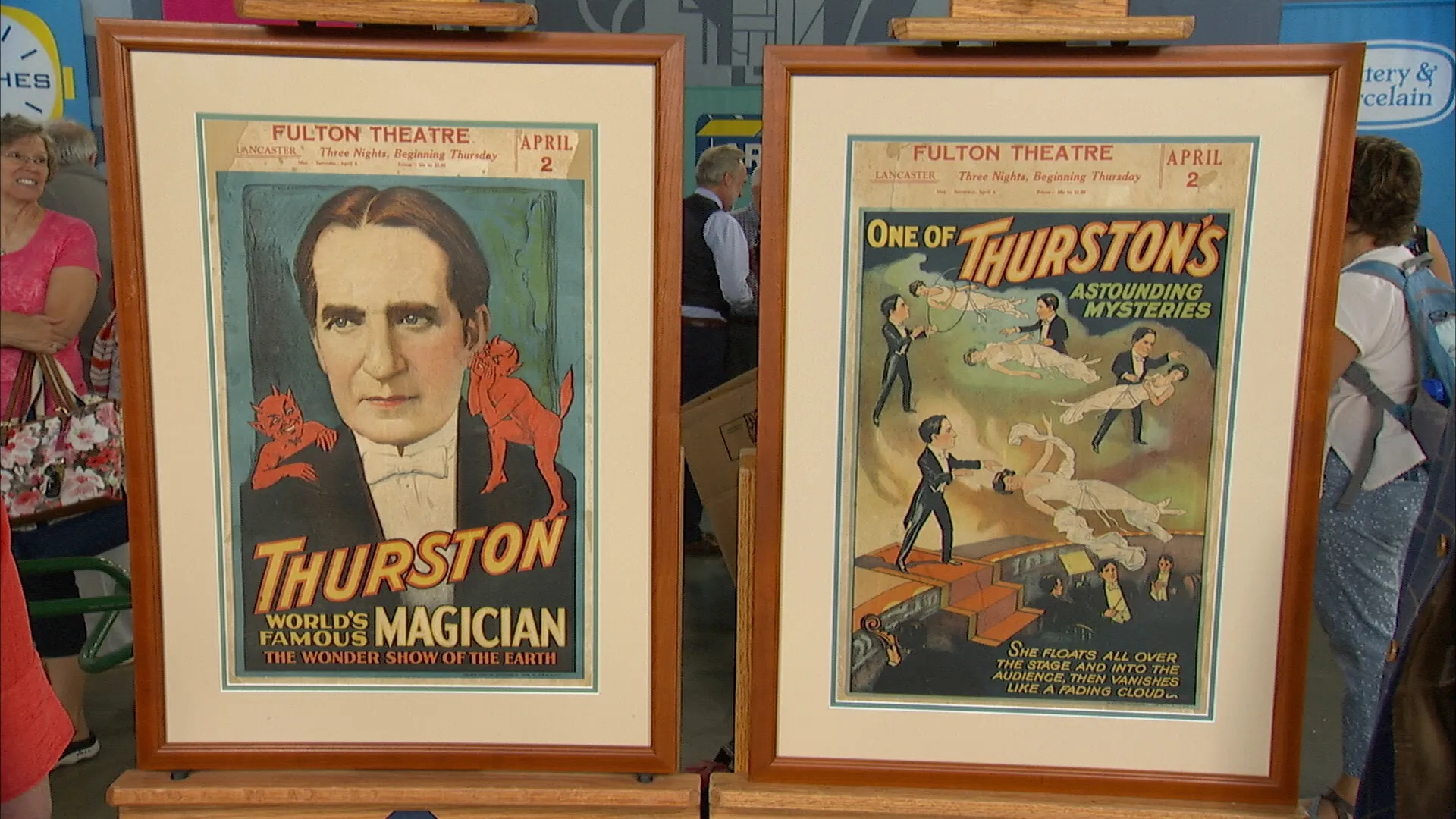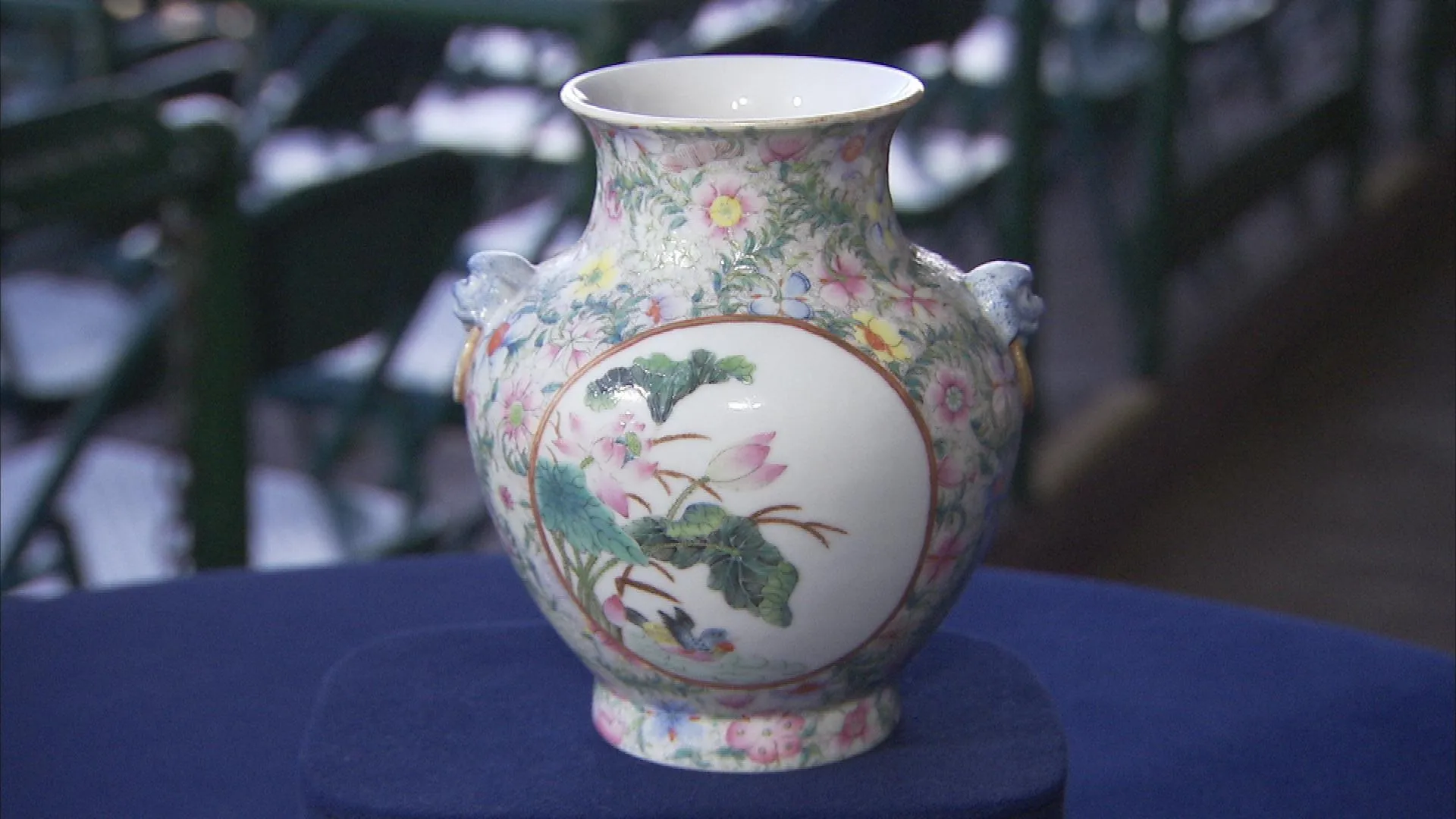Mr. Jefferson’s Recommended Reading
In 1822 a Virginia man wrote Thomas Jefferson in search of self-improvement. See the impressive reading list he received in reply!

In Jefferson's reply to Joseph Echol's letter requesting his recommended reading, the elderly former president remarked that writing was no longer easy for him, though his script was still remarkably legible.
Jan 20, 2014
BY Luke Crafton
Thomas Jefferson left the White House and public life in 1809 amid political turmoil, looking forward to retirement at his beloved Monticello. By the spring of 1822, he was 79, and though constantly harassed by personal debt and anxieties about over his legacy, by all accounts he nonetheless enjoyed an astonishing array of practical and intellectual pursuits, for which he was already justly famous. Not least, he was known for his voluminous reading and correspondence. In May of that year he received a letter from one Joseph Echols, a gentleman not personally known to Jefferson. But Echols was a fellow Virginian with a simple favor to ask, and he thought who better to help him than the eminent former President — renowned scholar, self-taught architect and inventor, author of the Declaration of Independence no less.
What follows are transcripts of the letters the two men exchanged in May 1822. Echols, 33, a modest businessman and married father of three who had not had the benefit of much formal education, was seeking advice on how best to set about improving himself. Jefferson, ever the well-versed correspondent, seemed happy to oblige, sketching out for him a comprehensive reading list that no doubt kept Echols absorbed for the rest of his life.
Letter from Joseph Echols to Thomas Jefferson
Linchberg 20th May 1822. Mr. Thomas Jefferson. D Sir your extensive Knowledge of mankind and your literary acquirements together with your Philosophy induces me to disclose to you my novel project hoping you will grant me (in confidence) your oppinions [sic] and advice on the subject of my inquiry. The more fully to enable you to form an oppinion [sic] I will give you a sketch of my history. I am a Virginian by birth of Respectable but Rather obscure Parentage had no connection or friend in my youth of that standing in life to forward me in my Views and although I had a small patrimony (my Parents died before I was 12 months old) yet my Guardians neglected my education almost entirely. I was permitted to go to School one year at the age of 14 in which time I acquired a Knowledge of the Arithmatick, and which constituted almost the whole of my education. at 17 I was turned loose on the world to shift. Since which time I have been engaged in trade & have Succeeded so well as that the income of my estate is at this time ample to support myself & little family (having a wife & 3 children) in a Genteel or Respectable style and be accumulating Something without my Personal attentions to business — and — although I am now 33 years old I am Particularly desirous of acquiring an education not only that I may Receive the enjoyment of it myself but that I may be more usefull [sic] to Society and more especially with a View to benefit my family. It seems however to be a novel undertaking and you will greatly oblige me to give me your views on the Subject which I hope you will indulge me with and if you think it a Rational Scheme give me your advice as to the particular course I should take & what Schools you would Recommend to me. I am of oppinion [sic] I could withdraw my mind from my family and business so as to study as well as ever I could[,] as I could with convenience I presume take my family with me, having only 3 children & 2 of which are of propper [sic] sizes to be at School. Yours Respectfully Joseph Echols
Letter in Reply from Thomas Jefferson to Joseph Echols
Poplar Forest May 23. 1822 I receive here your favor of the 20th expressing your desire to enlarge your stock of knolege [sic], than which nothing can be more commendable; but I should not think your purpose of attending an Instructor at all necessary. We have now such excellent elementary books in every branch of science as to make every subject as plain as a teacher can make it. [I]n natural philosophy we have Joyce’s Scientific dialogues and Nicholson’s Philosophy in Chemistry the Conversations in Chemistry. in natural history Basson. in antient [sic] history the first 20 vols of the Universal history Gillies’s history of the world, Gillies’s history of Greece Livy, Sallust, Caesar, Tacitus, Suetonius. Gibbons’s decline of the Roman empire in Modern history Robertson’s Charles V. Russel’s Modern Europe Hallam’s history of the middle ages. in English history Rapin’s history of England 15.v.8 Belsham’s histories of the 3 Georges Baxter’s history of England. I omit Hume as too false in his matter, and too seducing in his style to be trusted in Astonomy, Ferguson’s Astronomy. in Mathematics and geometry alone I do not know what are the best English books. at your age I presume you do not propose to throw away 5 or 6 years in Latin and Greek. I am persuaded you will find science enough in the English language to employ your life and especially if you avoid wasting time on books of little merit. I pray you to accept this short sketch as a proof of my respect for your request rather than as worthy your acceptance from one to whom writing is not easy and who tenders you respectful salutations Mr. Echols Th. Jefferson

Jefferson’s full one-page letter setting out his recommended reading list for Joseph Echols.
Related
Watch the full appraisal of this 1822 Thomas Jefferson Letter in our Archive


